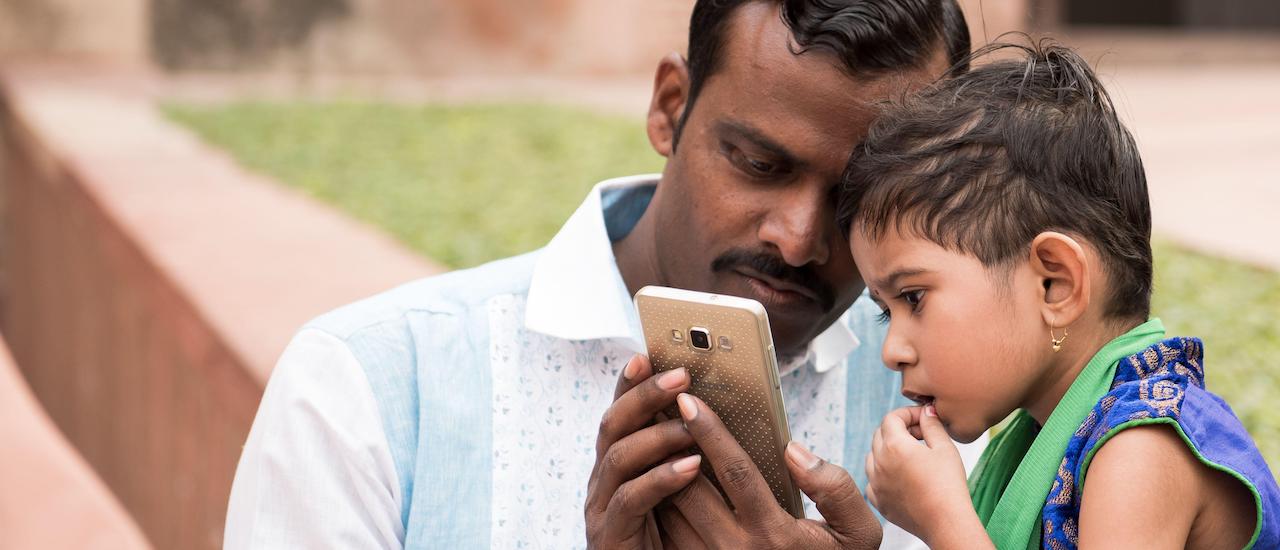With most of the world on lockdown, children are likely spending more time than ever online. Between virtual classrooms and keeping up with friends on social media, many kids are depending on the Internet to maintain a semblance of normal life amidst the global health crisis.
While parents may worry about how this might affect their children’s well-being, experts have warned that the surge in screen time could also expose kids to safety risks online more often.
In Asia-Pacific, a recent UNICEF report found that 32% of children between 10 to 17 years old in Bangladesh have faced cyberbullying, violence, and harassment online. Meanwhile, a McAfee study in India found that 70% of youngsters have posted their personal details on the Internet, making them an easy target for cybercriminals.
Earlier this month, the Internet Society ran a short webinar, Kids, the Internet and COVID-19, to show parents how they can protect their kids’ privacy and security online through encryption.
Encryption is a way of ‘scrambling’ information to make it unreadable to malicious actors who might want to access it, and works much like the codes that we used as children to send secret messages to each other – but better. Encryption protects our emails, our online messages, and even our bank details – a critical safeguard as cyber attacks grow amidst the pandemic.
One of the most important things a parent can do to keep their kids secure is to choose only messaging apps that are end-to-end encrypted, such as Signal, WhatsApp, and Telegram. They should also only visit websites that show a lock icon by the URL, which tells you that the page, and the information you send and receive, have been encrypted. It’s just as crucial to teach kids to set long and strong passwords – this can be sentences that combine letters, numbers, and symbols, for their online accounts and their devices.
Three years ago, 90% of young people surveyed by UNESCO felt they should be given the right tools to protect themselves on the Internet. And yet, some governments are threatening to take away one of their strongest tools to do so.
As we raise the next generation of able and responsible netizens, let’s make sure kids can keep using encryption as a protective shield to keep themselves safe and secure online.
If you would like more tips on how to keep children safe online amidst COVID-19, please watch our webinar, now available on our Facebook and YouTube channels.
Want to join a global movement of people working to make sure governments don’t take away our strongest digital tools to keep ourselves and our children safe online? Become an Internet Society member today.

